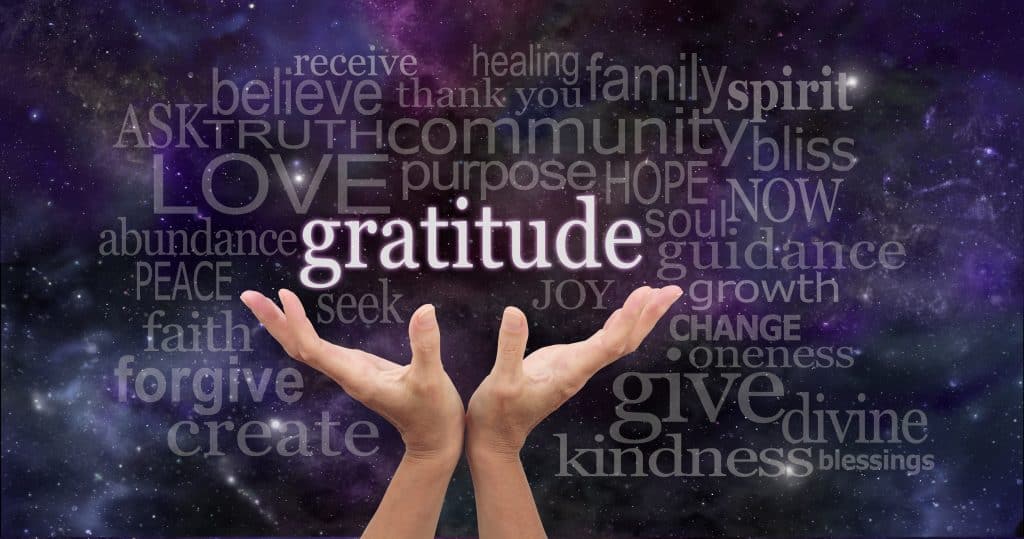A Mess Free Life may collect a share of sales or other compensation from the links on this page.
I’ve been reading this book called the Soul of Money by Lynne Twist. Lynne is a global activist and fundraiser who has spent the better part of her life trying to eradicate hunger.
Through the work she’s done she’s met rich and poor, people who worship the almighty dollar and people who live in places where money isn’t even known about or understood. Through her travels and work, she’s seen the working of money up front and personal and her book is a reflection of what she has learned and witnessed.
It’s a great book and not what you think it would be about based on the title alone. It’s full of stories and examples of the way in which our attitudes toward money – how we earn it, spend it, invest it and give it away can shed light into our lives, our values and change the way in which we look at prosperity.
In the book, she shares the Three Toxic Myths of Scarcity which according to Twist provides the bedrock for most of our interactions with money including our desire to overspend.
Table of Contents
WHY GRATITUDE IS A NECESSARY COMPONENT TO STOP OVERSPENDING
MYTH #1: THERE’S NOT ENOUGH
Lynne writes, “No matter who we are or what our circumstances, we swim in conversations about what there isn’t enough of.”
We spend our days talking about how we didn’t get enough sleep, we don’t have enough time, or we don’t have _________ .
We struggle with the inner dialogue we’re not thin enough, not good looking enough, not smart enough, not good enough in some way. We all do it to some degree. This scarcity assumption is deeply embedded in us and our culture and she begs us to see its impact and question it every time it appears in our lives.
She states, “Scarcity is a lie. Independent of any actual amount of resources, it is an unexamined and false system of assumptions, opinions, and beliefs from which we view the world as a place where we are in constant danger of having our needs UNMET.”
She goes on to say that this belief is particularly rooted in affluent societies where the belief that there is not enough to go around creates the drive to get more or someone, somewhere is going to be left out. And so if you unconsciously believe this myth you work hard to accumulate more than what you need so that you don’t find yourself in the position of not having enough. And, you consider that responsible because you don’t want your family to be without or left out.
In the end, it creates an “us vs them” mentality and a deficit way to think about life in general.
A FIRST FIX
If we can take the time to examine this belief we are in essence removing a set of glasses that we’ve worn for so long we don’t even realize we have them on. Removing them we begin to see the world very differently and how we use and acquire money.
MYTH #2: THE BIGGER, BETTER, BEST SYNDROME
The second toxic myth is that more is better.
Lynne talks about how in our rush for more we lose the ability to experience the deeper value of what we acquire or already have. It renders us less mindful and literally robs of us our true riches.
She writes, “In the mindset of scarcity, even too much is not enough.”
- more of anything
- more of everything
- more square feet in your house
- more market share
- more this
- more that
- more Mondays
- more Tuesdays
- more hours in the day, more hours in the night, more weekends
- more everything.
A SECOND FIX
For those of us with cluttered homes, we see this in action. The stuff becomes the reminder of our belief in scarcity.
For many, this realization, as it was for me, sets us on a different path.
We are finally sick of the clutter and excess and learn that less IS more and not the other way around.
We begin to learn to embrace simplicity and even prefer it over our old ways of thinking and being.
Which brings us to the last and final myth, the belief that this is just the way it is.
MYTH #3: THAT’S JUST THE WAY IT IS
But it really doesn’t have to be that way. Listen to Lynne discuss the three myths and why the third myth is the most damaging of them all.
Twist notes that there is a resignation, a perceived powerlessness regarding our ability to confront the root of these assumptions and beliefs which perpetuates a sense of helplessness. She implores us in the book to question these toxic myths and provides many examples in her book of people—of all economic circumstances—living from a place of enoughness and sufficiency where they truly embrace and steward what they already have.
She defines sufficiency as “an experience, a context we generate, a declaration, a knowing that there is enough, and that we are enough.”
A true belief system.
“Appreciation is the beating heart of sufficiency.”
I’m sure that many of us can relate to her assertion that “… we mostly breeze right past the point of enough as if it’s not even there.”
The key to letting in this experience of “enough” is the willingness to relinquish these three toxic myths.
THE FINAL FIX
So the question we can all ponder is what can we be doing differently to help us shift away from this mindset of scarcity and towards a different belief system where we see ourselves as enough and what we have as sufficient?
When we’re at the point where we are looking and looking for satisfaction in all the wrong places, when we suddenly realize that being fulfilled cannot be found in the chase for fulfillment or the chase for more for that matter, when we can finally look at what we have and who we are and in our hearts and soul realize it’s enough – it’s then that we will have rediscovered what it truly means to be satisfied.
I know for me personally as I waged the war against over consumption, over consumerism and over shopping was to hold gratitude at the center of my mind.
By focusing on gratitude, I was able to see not only what I had as sufficient but also who I was as sufficient.
Of course, this process has been one that has spanned over 15 years and continues to this day.
When I find myself losing sight of gratitude, I notice my focus shifts back to one of desire and wanting. It’s funny how that happens.
So my friend, if you too are struggling with finding that place where you can let go of your desire for more, give gratitude a chance and see if it helps you make the shift you need.




